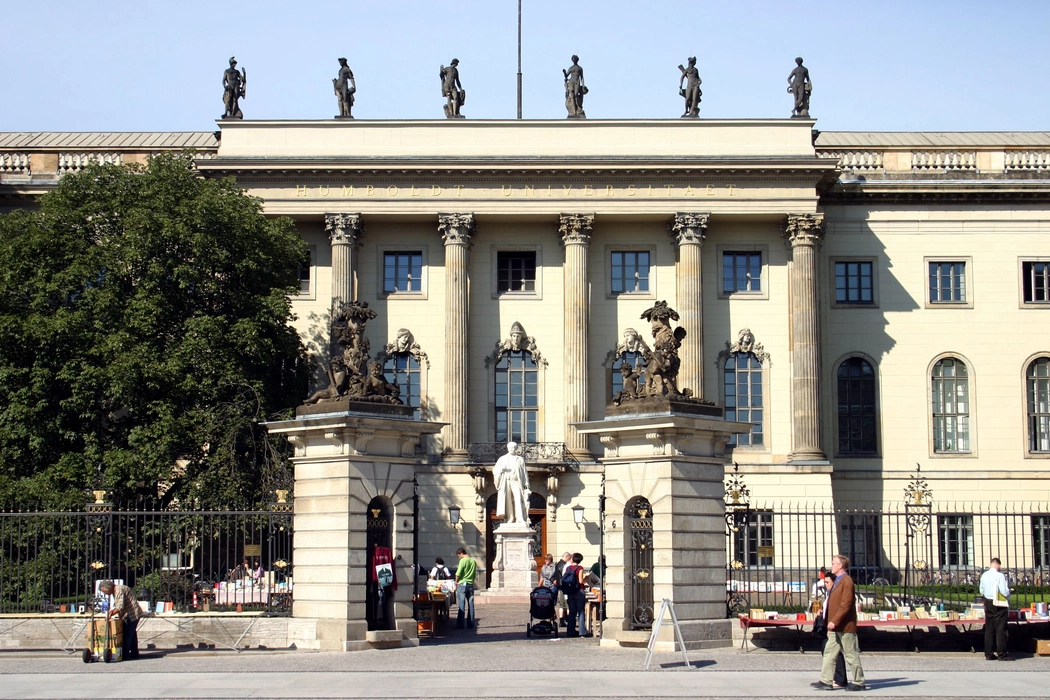How Do Parents’ Social Networks Affect Their Children’s Educational Attainment?
DOI:
https://doi.org/10.21036/LTPUB10135Researcher
Anette Fasang is Head of the Research Group ‘Demography and Inequality’ at the Social Science Research Centre Berlin (WZB), as well as Professor of Microsociology at Humboldt-University Berlin. Her fields of research are gender relations in the family, the welfare state, and social inequality. Between 2008 and 2011, Fasang spent time as a Postdoctoral Fellow and Visiting Scholar at the Centre for Research on Inequalities and the Life Course, Yale University, and at the Institute for Social and Economic Research and Policy, Columbia University. Fasang’s research on the family and social inequality considers social networks among parents and their advantageous or disadvantageous effects on children.

Original Publication
Social Closure and Educational Attainment
Anette Eva Fasang,
William Mangino,
Hannah Brückner
Published in
Citation
Anette Fasang,
Latest Thinking,
How Do Parents’ Social Networks Affect Their Children’s Educational Attainment?,
https://doi.org/10.21036/LTPUB10135,
Credits:
© Anette Fasang
and Latest Thinking
This work is licensed under CC-BY 4.0
